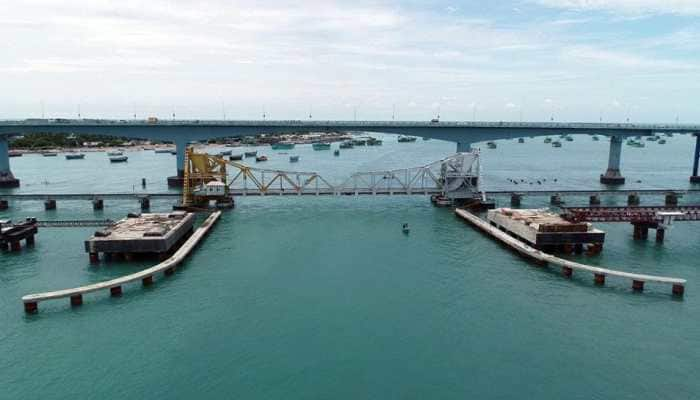Scientists hunt pandemic hotspots in race to test coronavirus COVID-19 vaccines
The first wave of the COVID-19 pandemic may be waning. For vaccine developers, that could be a problem. Scientists in Europe and the United States say the relative success of draconian lockdown and social distancing policies in some areas and countries means virus transmission rates may be at such low levels that there is not enough disease circulating to truly test potential vaccines.
Trending Photos
)
The first wave of the COVID-19 pandemic may be waning. For vaccine developers, that could be a problem. Scientists in Europe and the United States say the relative success of draconian lockdown and social distancing policies in some areas and countries means virus transmission rates may be at such low levels that there is not enough disease circulating to truly test potential vaccines.
They may need to look further afield, to pandemic hotspots in Africa and Latin America, to get convincing results.
"Ironically, if we`re really successful using public health measures to stamp out the hot spots of viral infection, it will be harder to test the vaccine," said Francis Collins, director of the National Institutes of Health in the United States.
A vaccine is seen as essential to ending a pandemic that has killed nearly 370,000 people and infected more than 6 million so far, with world leaders looking at inoculation as the only real way to restart their stalled economies.
But running large-scale clinical trials of potential vaccines against a completely new disease at speed is complex, scientists say. Showing efficacy in those trials during a fluctuating pandemic adds extra difficulty - and doing so when outbreaks are waning makes it harder still.
"For this to work, people need to have a risk of infection in the community. If the virus has been temporarily cleared out, then the exercise is futile," said Ayfer Ali, an expert in drug repurposing at Britain`s Warwick Business School.
"The solution is to move to areas where the infection is being spread widely in the community – that would be countries like Brazil and Mexico at the moment."
Vaccine trials work by randomly dividing people into a treatment group and a control group, with the treatment group getting the experimental trial vaccine and the control group getting a placebo.
All participants go back into the community where the disease is circulating, and subsequent rates of infection are compared. The hope is that infections within the control group will be higher, showing the trial vaccine is protecting the other group.
With COVID-19 epidemics in Britain, mainland Europe and the United States coming down from their peak and transmission rates of the coronavirus dropping, a key task for scientists is to chase fluctuating outbreaks and seek volunteers in sections of populations or in countries where the disease is still rife.
A similar problem emerged when scientists were seeking to test potential new vaccines against Ebola during the vast 2014 outbreak in West Africa. Then, drugmakers were forced to drastically scale back plans for large trials because their vaccines were only test-ready late in the epidemic when case numbers were dwindling.
Stay informed on all the latest news, real-time breaking news updates, and follow all the important headlines in india news and world News on Zee News.
Live Tv







)
)
)
)
)
)
)
)
)
)
